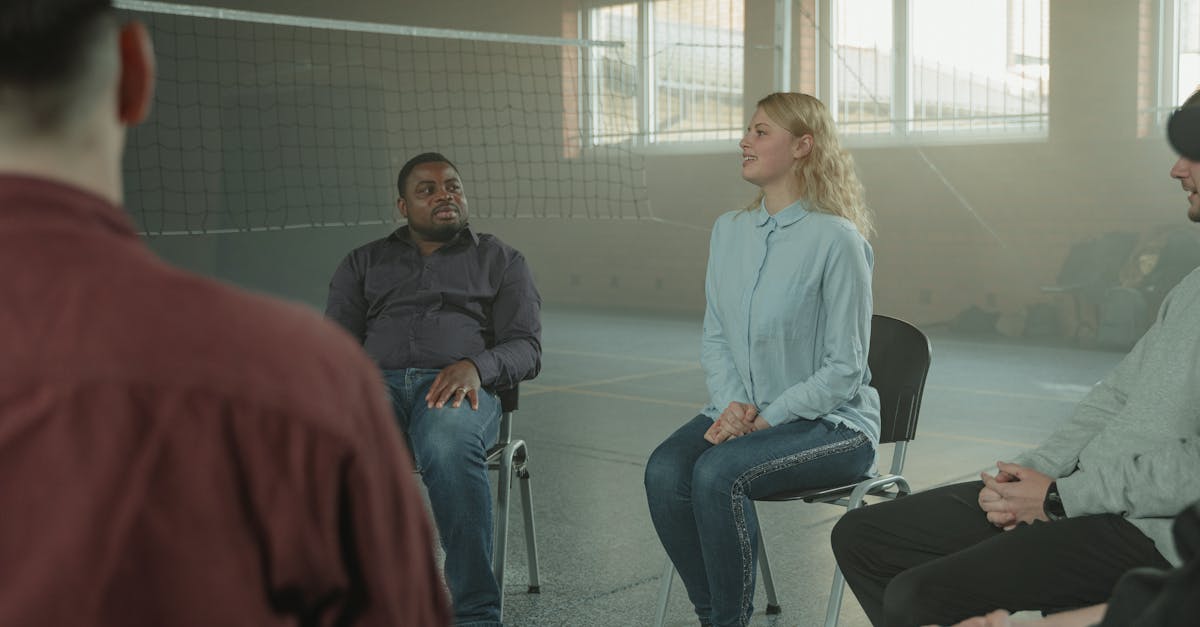
Sensory Motor Activities for Toddlers and Infants
Enhancing Spatial Awareness
Enhancing spatial awareness in toddlers and infants is crucial for their overall development. Engaging in activities that involve exploring their physical surroundings can help them understand the concept of space and distance. Treasure hunt games, where children search for hidden objects or toys in various locations, are a fun and effective way to enhance their spatial awareness skills. Parents can create simple treasure hunts at home or in the backyard, encouraging little ones to navigate and explore different environments.
Another great way to improve spatial awareness is by setting up obstacle courses for toddlers and infants to maneuver through. Obstacle courses can be designed using pillows, cushions, tunnels, or other safe materials to create challenges that require children to use their spatial reasoning and problem-solving skills. This not only enhances their spatial awareness but also helps in developing their gross motor skills and coordination. Planning obstacle courses that are age-appropriate and challenging can keep young ones engaged and motivated to explore their physical capabilities.
Treasure Hunt Games
Treasure hunt games are a fantastic way to engage toddlers and infants in a fun and interactive activity that stimulates their cognitive and physical development. Creating a treasure hunt can be as simple as hiding a few items around the house or backyard and providing clues to help little ones locate them. This activity not only encourages problem-solving skills but also enhances their spatial awareness as they navigate through the designated space to find the hidden treasures.
To make the treasure hunt even more exciting, consider incorporating sensory elements into the game. For example, you could hide items of different textures or scents for children to discover. This multisensory experience not only adds an extra layer of fun to the activity but also helps in strengthening their sensory integration and cognitive abilities. Additionally, you can vary the difficulty level of the treasure hunt to keep it challenging and engaging for children of different ages and developmental stages.
Improving Proprioception
To enhance proprioception in infants and toddlers, incorporating a variety of activities that focus on balance and body awareness can be beneficial. Engaging children in simple exercises such as standing on one leg, walking on uneven surfaces like foam mats, or crawling through tunnels can help improve their proprioceptive sense.
Another effective way to boost proprioception is through sensory play activities that involve different textures and materials. Encouraging children to play with kinetic sand, water beads, or sensory bins filled with rice or beans can provide tactile input that enhances their proprioceptive development. By offering a range of sensory experiences, parents and caregivers can support children in developing a strong sense of body awareness and coordination.
Obstacle Course Ideas
When creating obstacle courses for toddlers and infants, it is important to keep safety as the top priority. Ensure that the obstacles are age-appropriate and free from any sharp edges or potential hazards. Using soft, cushioned materials like foam mats or pillows can help prevent injuries in case of falls.
Encourage your little ones to crawl under tables, jump over small obstacles, and navigate through tunnels. These activities can help improve their gross motor skills and spatial awareness. You can also incorporate sensory elements like textured surfaces or different sounds to make the obstacle course more engaging and stimulating for young children.
Fostering Auditory Development
Music and sounds play a crucial role in the auditory development of infants and toddlers. Engaging children in musical instrument exploration can help them develop a deeper understanding of various sounds and tones. Providing opportunities for children to explore different instruments such as drums, xylophones, and tambourines can enhance their auditory discrimination skills and stimulate their senses.
Apart from musical instruments, incorporating music and rhymes into daily routines can also foster auditory development in young children. Singing songs, reciting nursery rhymes, and playing music can help toddlers and infants differentiate between various sounds and improve their listening skills. This interactive and enjoyable approach to auditory stimulation can aid in the overall cognitive development of children while also providing a fun and engaging learning experience.
Musical Instrument Exploration
Exploring musical instruments can be a delightful and enriching sensory experience for toddlers and infants. Encourage little ones to discover the sounds and textures of various instruments like drums, bells, shakers, and xylophones. Allow them to touch, shake, and tap the instruments to create different sounds, fostering their auditory senses.
Engaging in musical instrument exploration helps in developing children's fine motor skills as they grasp, shake, and manipulate the instruments. Furthermore, this activity also promotes cognitive development by introducing little ones to cause and effect relationships as they observe how their actions produce different sounds. Let children freely explore and experiment with the instruments, igniting their curiosity and creativity in the world of music.
FAQS
What are sensory motor activities?
Sensory motor activities are activities that engage the senses and promote physical movement, helping toddlers and infants develop important skills.
How do sensory motor activities enhance spatial awareness?
Sensory motor activities like treasure hunt games can help toddlers and infants develop a better understanding of their surroundings and improve their spatial awareness.
What is proprioception and how can it be improved through activities?
Proprioception is the sense of body awareness and movement. Activities like obstacle courses can help toddlers and infants improve their proprioception skills.
How can sensory motor activities foster auditory development?
Sensory motor activities such as exploring musical instruments can help toddlers and infants develop their auditory skills and appreciation for different sounds.
Are sensory motor activities suitable for all toddlers and infants?
Sensory motor activities can be tailored to suit the individual needs and abilities of toddlers and infants, making them suitable for children of varying ages and developmental stages.
Related Links
Sensory Motor Development Milestones for ChildrenStrategies for Improving Sensory Motor Skills in Kids
Promoting Healthy Sensory Motor Skills in Children
Sensory Motor Integration in Early Childhood
Identifying Sensory Motor Challenges in Children